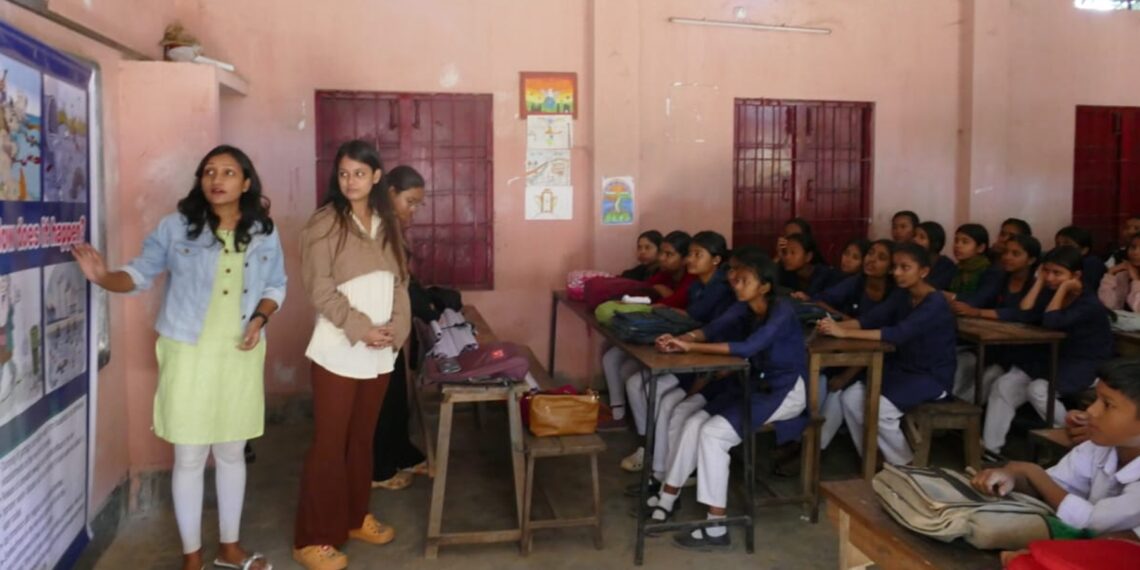GUWAHATI: In a recent endeavour, Guwahati played host to an awareness campaign tackling the pressing concerns of water pollution and degradation.
Spearheaded by biodiversity conservation organisation, Aaranyak, the initiative was strategically conducted under its flagship division, the Water, Climate, and Hazard Division (WATCH).
With a targeted focus on imparting knowledge to school students, the campaign aimed to sensitise the younger generation to the urgency of addressing environmental issues surrounding water bodies.
The campaign sought to educate students and teachers about the urgency of cleaning, protecting, and conserving the city’s degraded water bodies.
The three-day campaign, that began from December 21, targeted four schools in the southern part of the city – Beltola High School, Hatigaon High School, South Beltola ME School, and South Beltola High School.
The selected schools are located in proximity to the Basistha and Bahini rivulets, originating as pristine streams from the Meghalaya hills but suffering degradation as they pass through the city.
Approximately 200 students and teachers actively participated in the awareness campaign, which included presentations, interactive sessions, and discussions on the causes and impacts of water pollution.
The sessions, led by Aaranyak researchers and educators, utilised Power Point presentations and printed materials in both English and Assamese to convey the information effectively.
The focus was on engaging students and teachers as primary change-makers, empowering them to take responsible actions to reduce pollution and contribute to the rejuvenation of water bodies.
Key questions were posed to the participants, encouraging them to reflect on the importance of keeping rivers and wetlands clean for environmental and health security.
The campaign also aimed to foster an understanding of the environment and public health implications of water pollution, urging conscious citizenship and active contributions to improving ecohydrological health.
Dr Partha Jyoti Das, Senior Scientist with Aaranyak and head of WATCH, highlighted the adverse environmental and health effects caused by the contamination of these rivulets.
Dr. Das revealed plans to extend the programme to more than 20 schools situated near various degraded water bodies in the city, including the Basistha River, Bahini River, Pamohi River, Bharalu River, Mora Bharalu River, Horusola Beel, and Borsola Beel.
The initiative seeks to promote sustainable practices among citizens, starting with schools.















